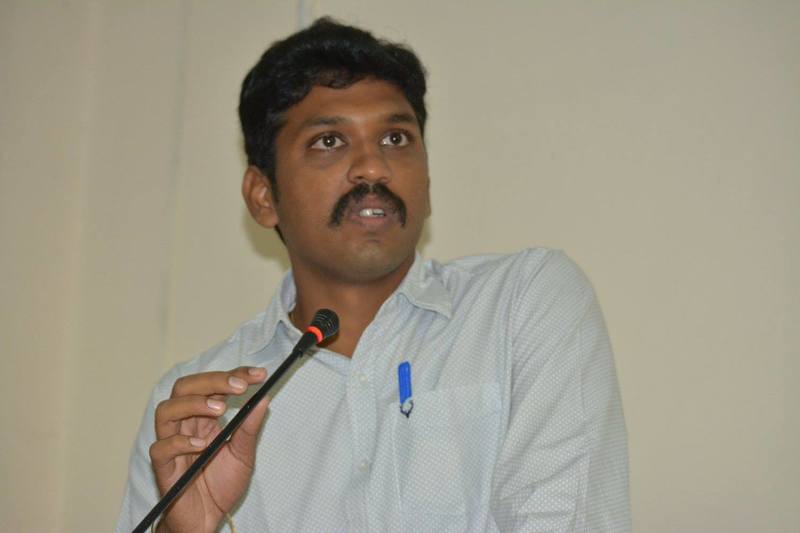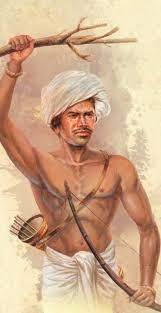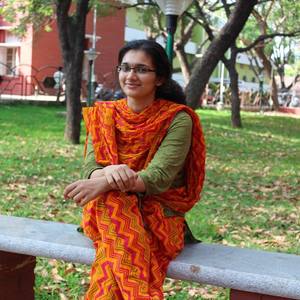Organisers: Students Association, CEG
Date: Friday, the 23rd of December
Venue: Hall No.85 in the Red Building.
The speaker’s story
Mr.Vinoth Sudarsan, an alumnus of the 2012 batch of Mechanical Engineering was invited to be the guest speaker. Being a native of Salem who had come all the way to pursue his Bachelor's degree in Chennai, he had initially found it difficult to manage in the city and the institution. Being under tremendous pressure as an average-scoring student, he eventually worked hard and made progress, also getting selected by TCS during placement season.
However, a sudden turn of events changed his future. On seeing a DSP visit the campus one day, escorted by several policemen, thoughts of becoming an IPS officer were sparked.
Preparing for the TNPSC exams tirelessly, he slowly mastered the necessary concepts and cleared the preliminary round in his very first attempt. Clearing the main round and the interview session as well, he got selected for the post of District Employment Officer. Today, he is DSP himself and yet, does not stop to aim higher. He is once again preparing to write exams in order to become an IPS officer.
Highlights of the talk
In the background of his inspiring story, Mr. Vinoth delivered a talk that sparked many young minds to follow his dream.
He believes that in order to become an IPS officer, an individual should have a strong resolution. Only that will help one achieve this goal. His advice to the students was to "Think and plan" so that they could be selected for Government jobs even at a young age of 25. “India encourages the youth to involve in the Government. Fresh young voices are the need of the hour”, said the speaker.
Here are some lesser known facts he shared with the participants:
* TNPSC offers 20% quota for students who have done both schooling and college in the Tamil medium.
* TNPSC offers 3% quota for SC candidates.
* TNPSC offers 33% quota for women.
He believes that in order to shine in a particular field, one must know the subject in a way that no one else does. He concluded his talk by saying that students must study to benefit the society in the long run, and not with the desire to increase their status and position.

Here is an excerpt from the interactive session that followed:
Q: How difficult was the interview session of TNPSC exam?
A: It tested the experience gained over a period of time. Knowledge gained by reading newspapers and books, personal opinions on the society, corruption and other sensitive current scenarios will help. You must have a perspective on all articles you read in newspapers, and also know how to tackle an emergency.
Q: Why did you choose TNPSC and not UPSC?
A: The standard of UPSC is pretty high. If you get a posting, then you eventually have to stay in the same level until your retirement. However, you can directly become an IPS officer if you clear the exam. In TNPSC it takes time to become IPS officer but it has more advantages than the UPSC.
Q: How important are coaching classes? Do you think they are necessary?
A: Only 15 to 20% of what you learn in coaching is useful. What you see in the world is only what you read in the paper. Coaching classes give you an idea of what to study and what not to. Receiving practical knowledge is more important. In order to reach heights, we must first be self-disciplined.
Q: Who is your inspiration?
A: My inspiration is Kiran Bedi. Her motivational speeches have made me toil for the post of an IPS officer.
Q: What is the exam pattern for the TNPSC?
A: The Prelims consist of two papers of 200 marks each.The main exam consists of nine papers but only seven of them will be considered for final merit ranking. It is for 1750 marks. Finally, the interview carries 275 marks.
A candidate's rank in UPSC Civil Service Exam depends only on the marks scored in Mains and Interview.
If you have any further queries, Mr. Vinoth encourages students to contact him at vinothsudarsan.ath@gmail.com





